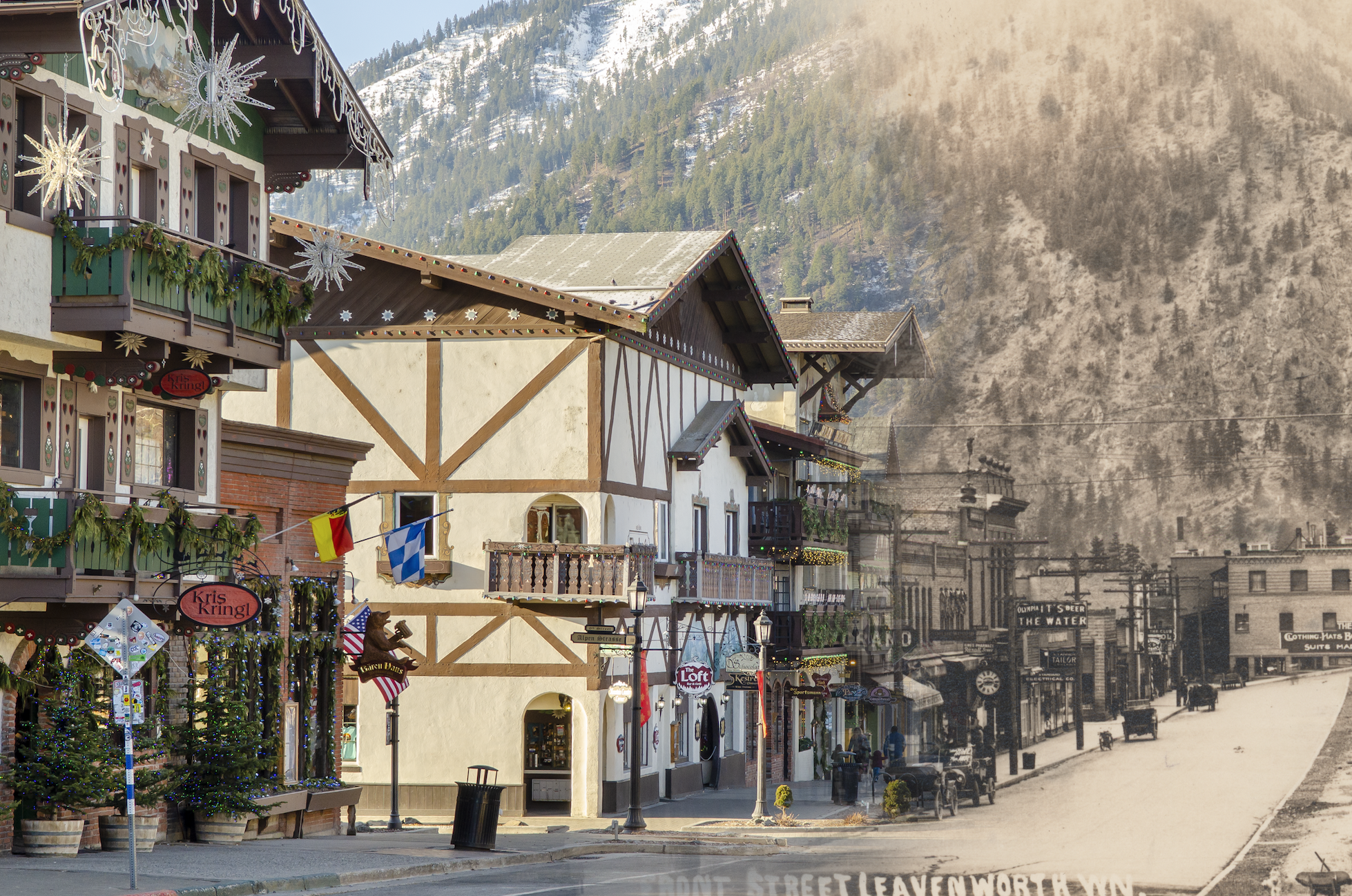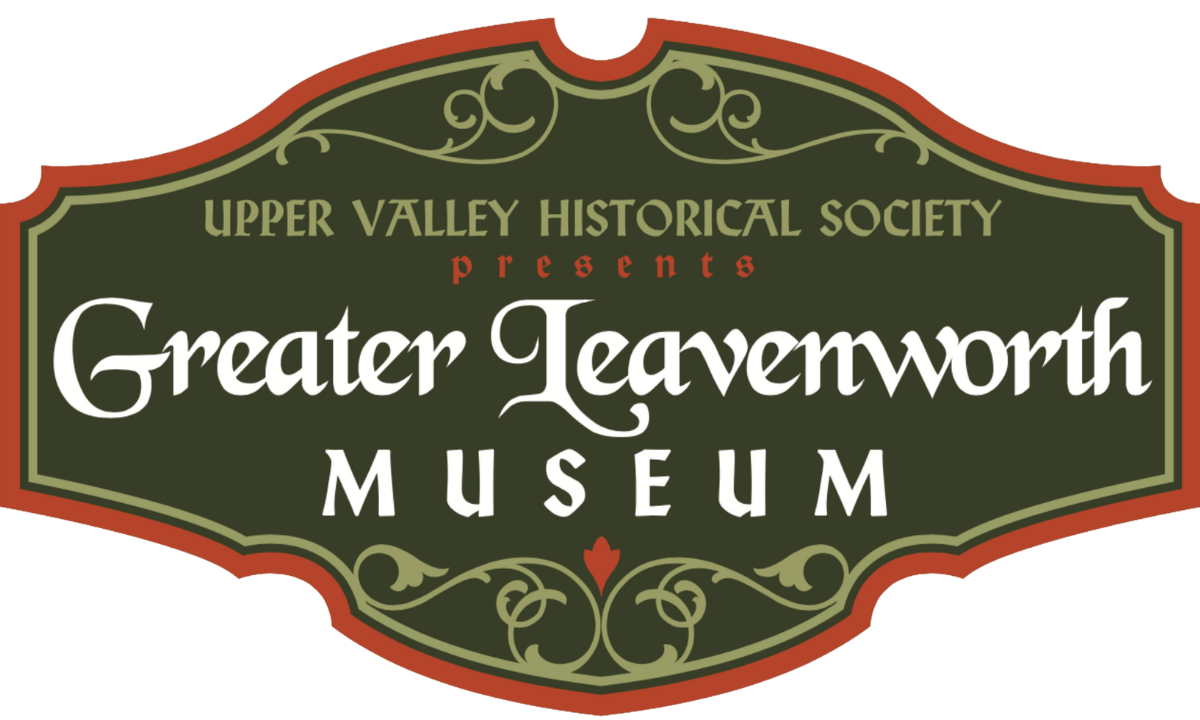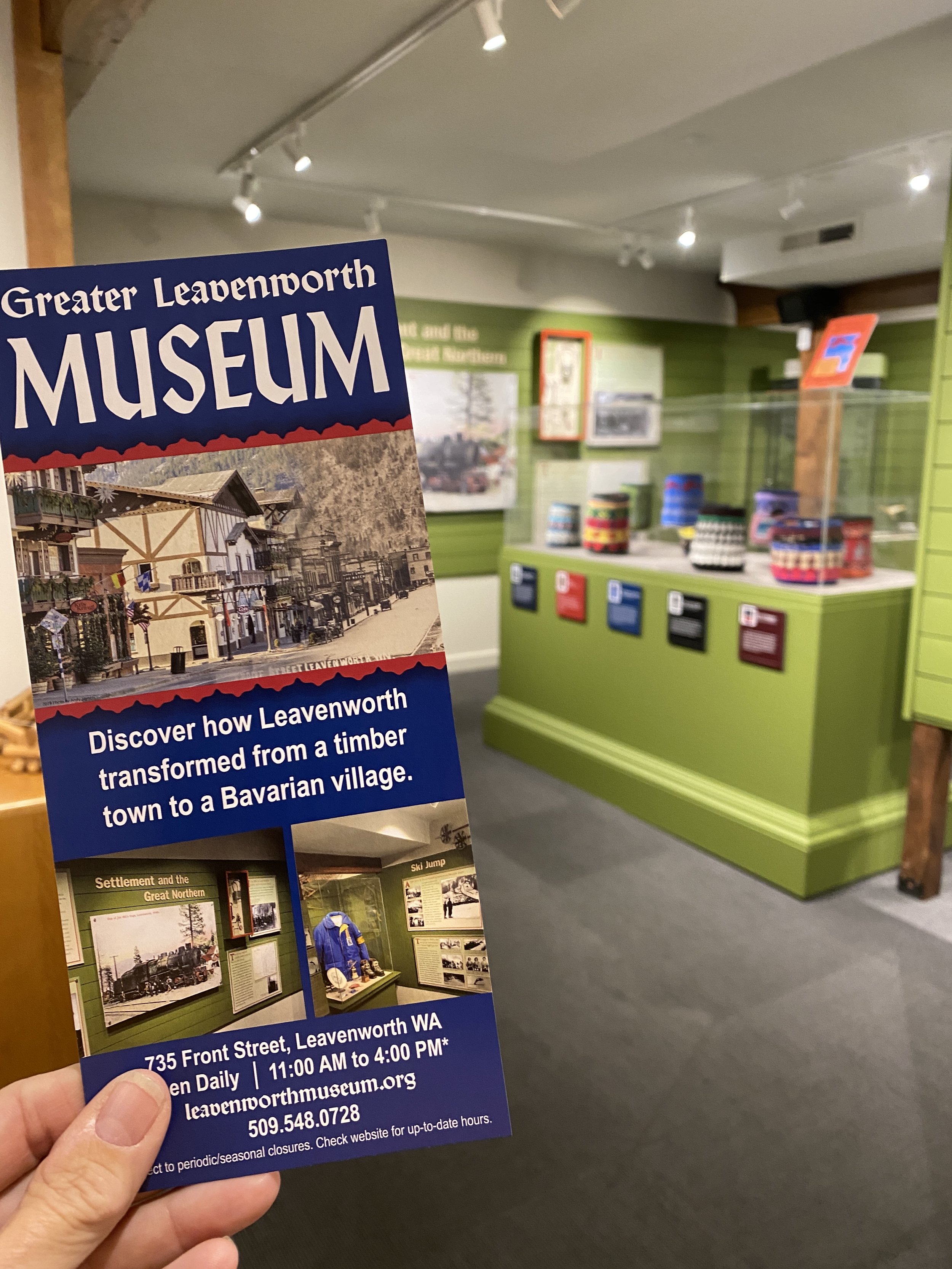
Our Mission is to preserve and promote the heritage of the Upper Wenatchee Valley
Spring Tea
Thursday
May 29, 2025
2pm to 4pm
Come celebrate with us!
Enjoy a delicious high tea and learn about the Greater Leavenworth Museum’s exciting new Grange plans!
Grange Social Hall, 621 Front St.
Free 3 hour parking in the Fruend Lot
(west of the City Pool)
Attire: ‘Leavenworth Dressy’
t́iĺ x̌əšt (hello)
Our museum sits on the ancestral homelands of the p'squosa. We offer this acknowledgement to present a deeper understanding of their presence past and present.
The Greater Leavenworth Museum acknowledges that it sits on the ancestral homelands of the p’squosa (or Wenatchi) people since time immemorial. The p’squosa lived off this land with a deep understanding of the importance of stewardship and appreciation for this place. P’squosa, meaning “people in between'', had villages positioned along the Wenatchee River and surrounding areas.
The p’squosa people are still here and continue to practice their culture, harvest their traditional foods and medicines and hold their ceremonies that have been passed down from their ancestors. They fish, hunt and gather roots, berries, medicines and basket making materials. The traditions of harvesting these sacred foods and medicines are practiced with the teachings to take only what you need and leave the area in better shape than when you arrived.
The p’squosa are named in the Yakima Treaty of 1855. Language to establish the Wenatchapam Fisheries Reservation was never followed through on, even with the required surveying completed. They were forced off their land and most now live on the Colville Reservation, 150 miles northeast of Leavenworth.
Their traditional language is nxaʔamxčǐn, (in-hum-cheen) an Interior Salish dialect, and we would like to welcome you all by saying hello in their language: t́iĺ x̌əšt (till-husht)
The Greater Leavenworth Museum shares this land acknowledgment with you to honor those that were here first and who continue to live here and take care of the land today. We stand as an ally to recognize their connection to the land and their rights to practice their culture on these sacred lands.
We encourage you to learn more about the p’squosa people. Let us all remember that it’s our responsibility to protect our lands and nature now and for the future generations that are yet to come.
Support the Museum
Would you like to support the museum? We’d love to have you! From being a volunteer at the museum to participating on our Board of Directors, to donating to our annual fund or to a specific exhibit, we have plenty of opportunities.




